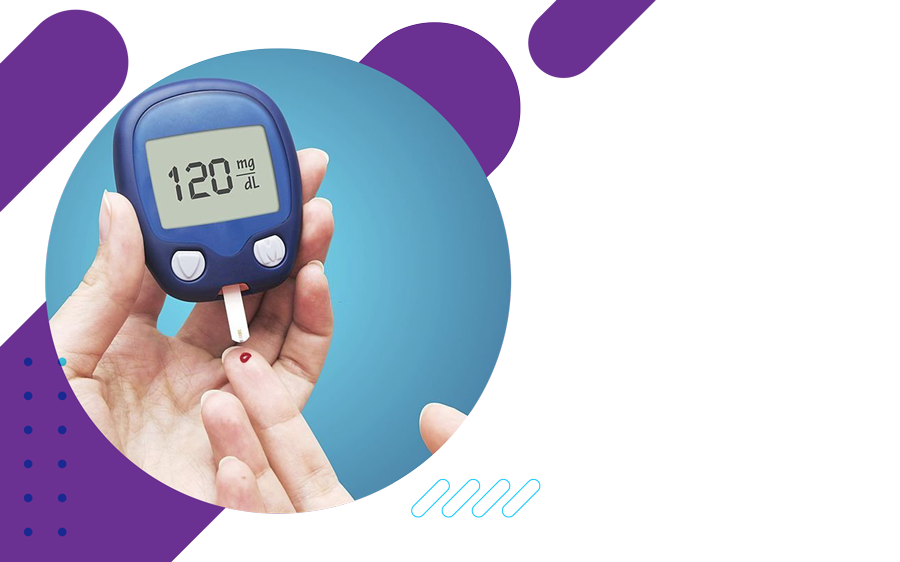Diabetes is a chronic metabolic disorder that affects millions worldwide, leading to severe health complications if left untreated. It is primarily characterized by high blood sugar levels due to insufficient insulin production or the body’s inability to use insulin effectively. At Medark Hospital, we offer the best diabetes treatment in Haryana, utilizing advanced medical technology and personalized care to help patients manage diabetes and live healthier lives.
Our advanced facility and experienced team of diabetes specialists in Haryana provide comprehensive care for various types of diabetes, ensuring long-term management and prevention of complications.
Type 1 Diabetes: Type 1 Diabetes is an autoimmune condition where the immune system attacks insulin-producing cells in the pancreas. This results in the need for insulin injections. It is commonly diagnosed in children and young adults. At Medark Hospital, we provide expert care tailored to the needs of Type 1 diabetes patients, ensuring effective insulin management and monitoring.
Type 2 Diabetes: The most common form of diabetes, Type 2 Diabetes, occurs when the body becomes resistant to insulin, leading to high blood sugar levels. It typically affects middle-aged and older adults. Our diabetes centre in Haryana offers top-notch treatment plans combining medications, lifestyle changes, and dietary guidance to manage Type 2 diabetes effectively.
Gestational Diabetes: Pregnant women may develop gestational diabetes, where the body struggles to produce enough insulin due to hormone changes. This condition may lead to pregnancy complications but often resolves after childbirth. Our team provides comprehensive prenatal care and post-delivery monitoring to minimize risks for both mother and baby.
Other Types of Diabetes: We also treat less common forms of diabetes, such as Latent autoimmune diabetes mellitus or aka Diabetes 1.5, cystic fibrosis-related diabetes and monogenic diabetes, along with rare conditions like diabetes insipidus, which affects kidney function.
Diabetes symptoms vary based on the condition, but some general signs include:
Several factors contribute to the onset of diabetes, including:
If not managed properly, diabetes can lead to severe complications, including:
At Medark Hospital, our best diabetologists in Haryana utilize diagnostic tests, such as the fasting plasma glucose test, A1C test, and glucose tolerance test, to accurately diagnose diabetes and monitor progress.
In addition to medications, we focus on lifestyle changes like diet, exercise, and smoking cessation to help manage blood sugar levels and prevent complications.
While Type 1 diabetes cannot be prevented, adopting a healthy lifestyle can help manage it early. For Type 2 diabetes and gestational diabetes, prevention strategies include:
Our dedicated team of diabetes specialists in Bahadurgarh and across the state work tirelessly to ensure our patients receive the highest level of care, empowering them to lead healthier, more fulfilling lives.
